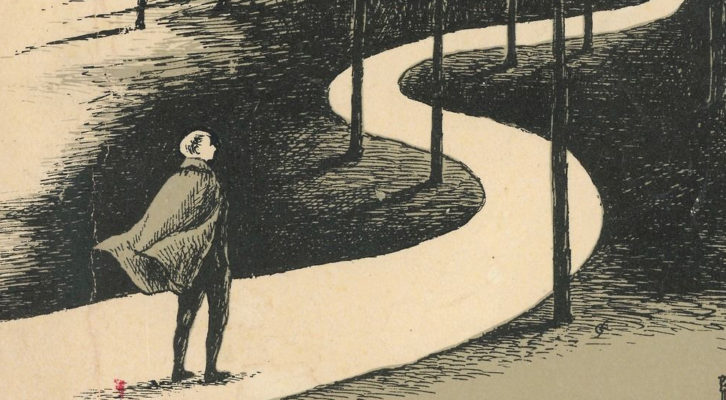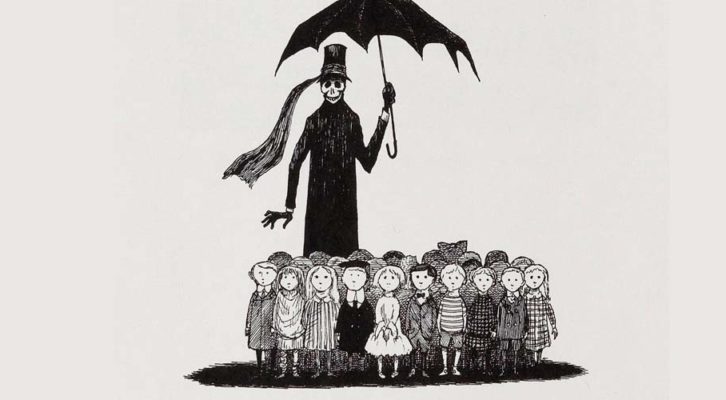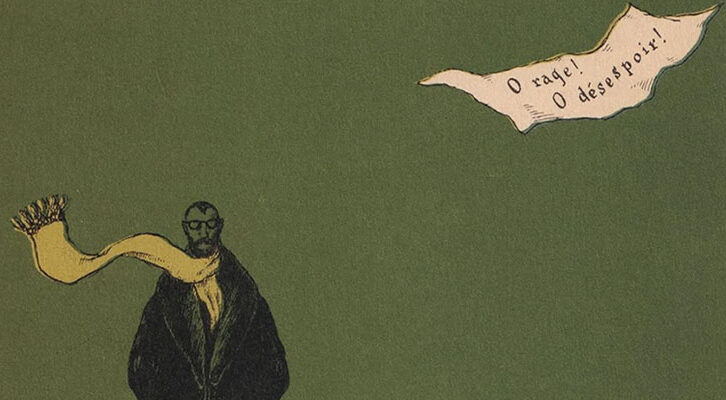
The Other Name: Septology I-II
by Jon Fosse
tr. Damion Searls
(Fitzcarraldo, Oct. 2019; Transit, April 2020)
Reviewed by Spencer Ruchti
JON FOSSE’S THE OTHER NAME: SEPTOLOGY I-II
Not long into Part I of Jon Fosse’s Septology, the narrator, Asle, confesses to speaking with the dead. His young wife, Ales, has killed herself; this suicide becomes the mournful obsession of Fosse’s seven-part novel. “There’s no big difference or distance between life and death, between the living and the dead, even though the difference can seem insurmountable it isn’t,” Asle thinks. In the four decades following the publication of his first book, Raudt, svart, Jon Fosse has written repeatedly on suicide, melancholy, excruciating loss, the role or absence of God, and the border between this life and whatever follows. To read his enormous body of work in panorama is to see the frequent exchanges between the living and the dead, but also beautiful white visions as the curtain draws shut. “The whole of Septology is possibly just an instant, a loaded one, a moment of death. When a person dies it is said that one sees life repeated. Septology can maybe read as such a moment,” Fosse has said in an interview with his Norwegian editor Cecilie Seiness. This “instantaneous” novel of moments is also the longest Fosse ever written. One can’t help but assign it the reverence of a denouement as the author approaches the twilight of his career.




































